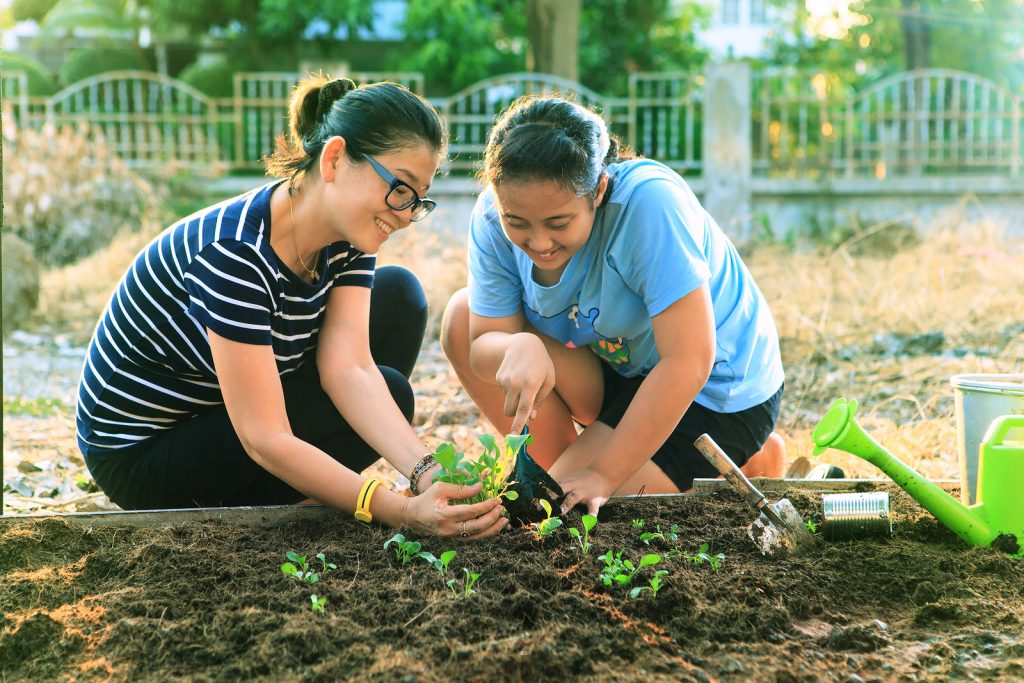 Googling “best gifts for your boss” results in 3.5 million hits. For your mom? 21 million. Apparently, there are millions of answers as to what constitutes a “best gift.” To add more stress, giving a gift usually costs some amount of money, unless you’re one of those highly talented people who can actually make the cool-looking craft Pinterest suggests using only recycled materials. However, authentic generosity doesn’t have to cost you anything.
Googling “best gifts for your boss” results in 3.5 million hits. For your mom? 21 million. Apparently, there are millions of answers as to what constitutes a “best gift.” To add more stress, giving a gift usually costs some amount of money, unless you’re one of those highly talented people who can actually make the cool-looking craft Pinterest suggests using only recycled materials. However, authentic generosity doesn’t have to cost you anything.
Think about it: Brainstorm a list of the top three most generous people you know. In that list might be someone who generously donates their money toward foundations, local charities, etc., but chances are one, if not two, of the people on your list showed their generosity by their way of living and being.
RELATED: 5 Easy but Impactful Ways to Make a Difference This Year
For me, one of those people would be my Aunt Tina. She passed away a couple years ago from cancer, and I was honored to write a eulogy to be handed out to guests at her funeral. In it, I tried to capture her the best way I could by saying, “Aunt Tina was the kind of person that if you commented on something in her house, she immediately insisted that you have it.”
Living a life of generosity takes time and is, in our present society, perhaps counter-cultural. But, generosity can accrue simply by adopting generous habits. Here are three ways you can start:
1. Give the gift of sacrifice.
As I’ve gotten older, my free time is more and more threatened, and making sacrifices for others is harder. Have you ever sat down in the evening to work on a project you’ve been “meaning” to get to for weeks, only to have a friend reach out in crisis or in a funk? Or found yourself pretending you didn’t see your phone when your parent calls? In the age of technology, it’s easy to talk yourself out of a sacrifice when it seems inconvenient. But instead of pretending, or tending to your own business, set yourself aside and be truly present to a friend or family member. It’s a simple way to lay down the demands of your own life for someone else.
2. Practice freedom from attachment.
My Aunt Tina had a profound sense of freedom — everything she had, she was not attached to, and she would much rather it benefit others. That’s why many household knickknacks made their way home with the most random visitors. It’s much easier to give what we have to one another, even if that means giving something that is not surplus, when we detach from the love of our possessions. I won’t forget the day my friend gave me her coat that I had admired from the time she bought it. It was a very nice coat, and she could have easily consigned it for good money or even gone on wearing it. But instead, she gave it to me. Every time I wear it, I think of how generous she was to think of me.
3. Donate time instead of money.
Like many young adults these days, money has not always been in abundant supply for me. Struggling with debt has left me thinking about ways to be generous during the times when I can’t make a financial gift. Donating time or expertise is just as valuable, and I would argue, reaps many more rewards. Ideas could include tutoring a student, making a holiday meal for the homeless or those transitioning from prison, or volunteering to serve on the junior board of a charity. One of my favorite ways to donate time is to volunteer as a doula. When I was living in Chicago, I was a part of an organization called Chicago Volunteer Doulas, where doulas from around the Chicagoland area would come together to support moms for free or a largely reduced cost. Being able to help mothers who otherwise couldn’t afford this service was a great way to be present and witness one of life’s most precious moments.
Being generous doesn’t have to cost you anything, and it is perfectly acceptable to practice all year round. By looking at ways we can be generous, instead of giving gifts, we transform giving from a one-time, fleeting, occasion-specific event to an ongoing, challenging, way of life. In the end, all parties are better for it, and we become better givers nonetheless.
Originally published on April 13, 2017.